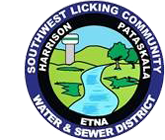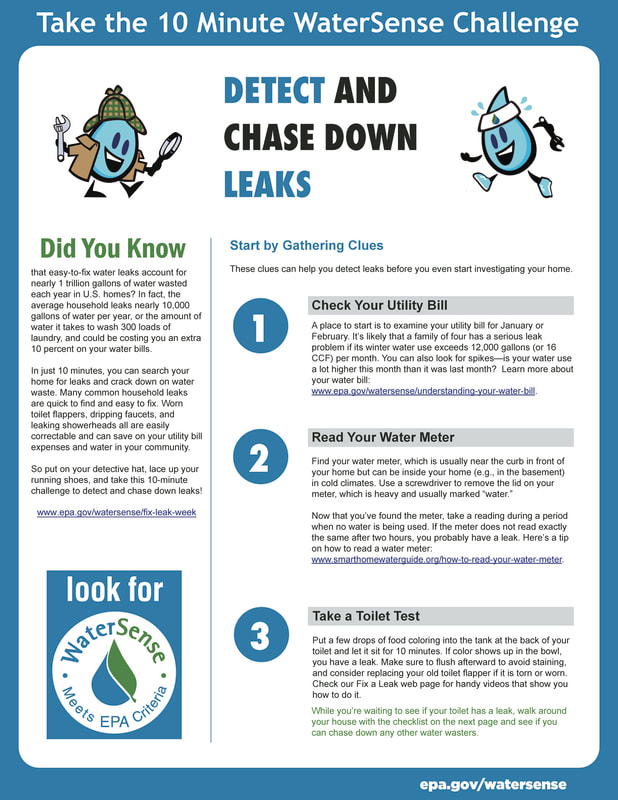TIPS FOR WINTERIZING HOME PLUMBING
*The following are suggestions. It is always important to work with a plumber or other individual experienced in winterization as severe property damage can occur as a result of improper winterization.
- If your home will be vacant for an extended period of time during the winter months, contact our office to have your water turned off at the curb box.
- Open all sink and shower / bath fixtures and allow them to run until all water has been drained.
- Turn the power off to your hot water heater and drain it. (Note: this is good to do once per year, whether you are winterizing your plumbing or not.)
- Flush and empty all toilet bowls and toilet tanks.
- Remove and drain the sink traps and clean out plugs from all sinks. Then, replace each one and fill with a small amount of RV antifreeze. This works great for sink traps, but NEVER put antifreeze in your dishwasher, drinking system or washing machine!
- Drain all outdoor garden hoses, roll them up, and store them indoors to prevent them from cracking in the cold temperatures.
- Drain your irrigation system and turn it off.
- Drain all outside taps and wrap them with some type of insulating material.
- Consider adding additional insulation around pipes that run in areas where heated air circulates less ~ against exterior walls, in crawl spaces, attics, garages, etc.
- Leave kitchen and bathroom cabinet doors open to allow warmer air to circulate around plumbing, and allow the faucet to drip ~ running water through the pipe, even at a trickle, helps prevent pipes from freezing.
Again, these are general guidelines. You should contact a licensed plumber or building professional with specific concerns regarding you home's interior water service lines.

